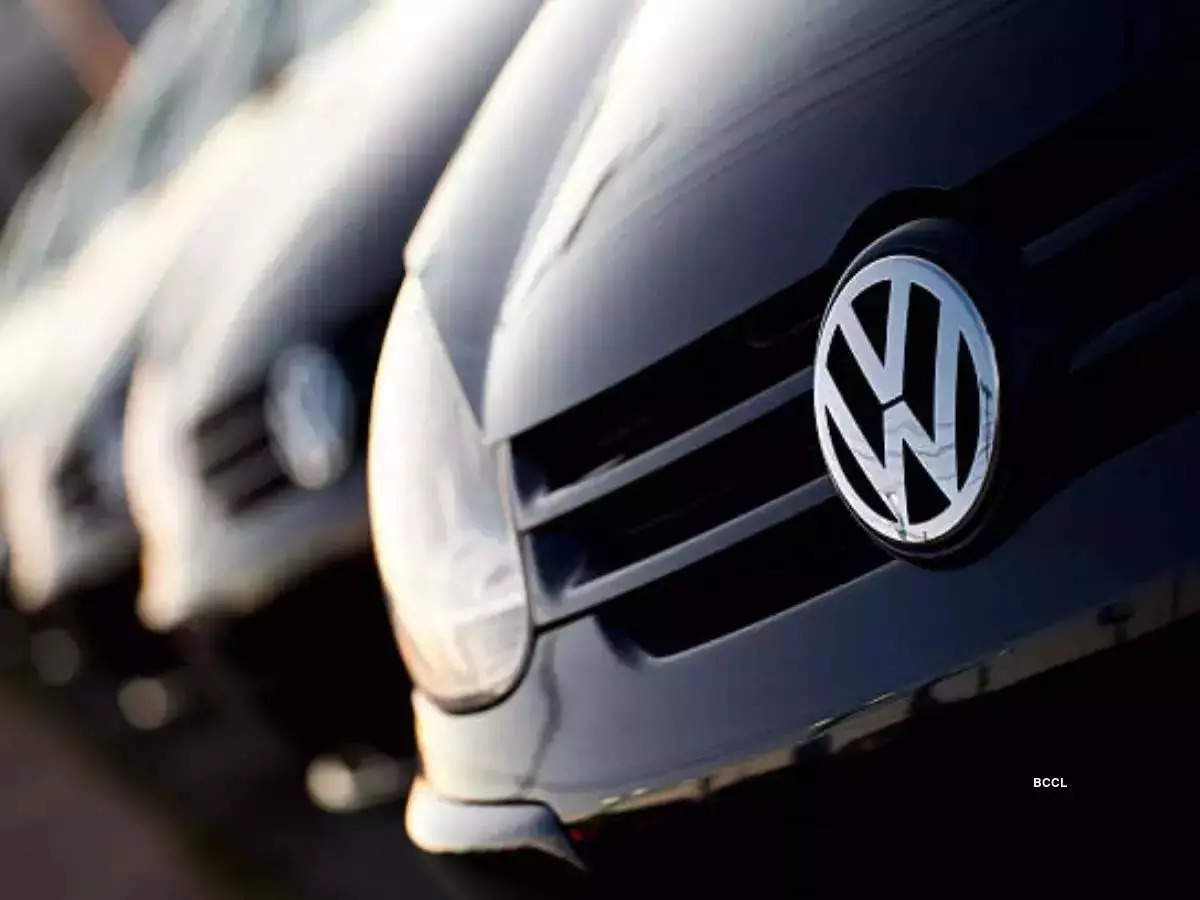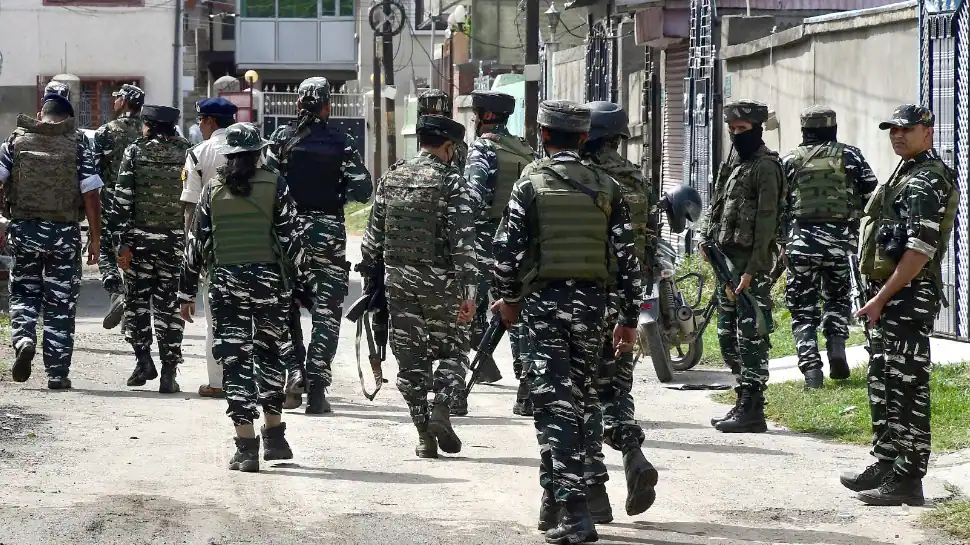
New Delhi: When the Volkswagen group announced the India 2.0 project in 2018, Skoda was given the lead responsibility to take things forward. VW, in its turn, would take care of the Americas and China as well as a large chunk of Africa while Audi would coordinate West Asia and the Asia-Pacific region.
This ‘structural realignment’ would see one brand assume the lead role for a clearly defined region across the world which, according to the VW leadership, was akin to “distributing responsibility across several shoulders”.
India 2.0 also came into being when VW’s talks with Tata Motors on a possible partnership did not end in anything constructive. It was quite clear to the German automaker that it was impossible to continue doing business solo in India. Hence, when nothing came out of the Tata talks, the next best thing was to have Skoda lead manage the India project.
“It was a logical step forward to have Skoda lead the way. We have been in India for a while at VW; we love the country but did not understand how to make real progress. The Skoda team is a little more solution-oriented, faster and understood what really matters,” a senior Board Member of VW had told this writer during an interview at the 2019 Frankfurt Motor Show.
“We are in good hands with Skoda for India and it is a very, very strong team with decision-oriented strengths,” he continued. From his point of view, this was the absolutely correct decision “to put the future of the group in the hands of Skoda for India” where the VW brand would also benefit in a big way.
Tata alliance
At one level, there was really no choice in the matter given that VW did try to do things on its own initially, albeit with little luck in the process. There was a serious attempt thereafter to put things in order through a potential partnership with Tata Motors but the two companies decided that this would not be viable and dropped their plans in 2017.
India 2.0 was then drawn up and it was absolutely clear that the group had to be “brutal on investments” and get its costing act together. “If you cannot make a future in India from India, just using it as an export hub is just not strong enough,” reiterated the VW Board Member. It was important to have economies of scale by way of large volumes and ensure costs were competitive.
“How to lay the foundation for two brands in one plant for a India project is the challenge and a top priority for the VW group. Anything going out of the country is an add-on and not the foundation of your business,” he said.
Eventually, it was about telling the team in charge “to make sense out of this plant for India” and then steer capacity to other places. “If you rely on exports, you would be swinging with currency and with markets that could go belly-up. If you want to be sustainable in India, you have to make sense of India first,” said the Board Member.
New ally
Fast forward to 2024 when the news is now official that Skoda Auto Volkswagen India is on the lookout for a local ally. Has the India 2.0 business model ended up being a flop story? Not really, when one considers that there have been products like the Skoda Kushaq and Slavia along with the VW Taigun and Virtus that have rolled out of the MQB AO IN platform specifically developed for India. The next big thing around the corner is the Skoda compact SUV that is scheduled to debut in 2025.
“On the face of it, the marriage between Skoda and VW is going on smoothly. The only problem is that the volumes are just not enough to achieve economies of scale,” says an auto industry veteran. This is the reason why a local partner is the need of the hour, he adds.
Further, VUCA (volatility, uncertainty, complexity and ambiguity) is dominating the global automative world with big carmakers like VW coping with a host of new challenges largely driven by legislation. Till not-so-long ago, electric was the name of the game but Europe, in particular, and the United States have now begun to figure out that it may not be the sole answer to cleaning up the air.
Given that electrification is not quite turning out to be the magical solution, more so when China has gained a huge lead over the rest of the world, it looks as if the internal combustion engine (ICE) is here to stay for at least a decade longer. Chinese EV brands are now spreading their tentacles far and wide globally even while the US and Europe are busy slapping heavy import levies on them.
Economies of scale
In this background, big brands like VW need quick solutions for markets like India where the potential is immense but scale remains elusive. There is only so much that the Skoda-led model can achieve and here is where a strong local partner becomes important to ramp up volumes and keep costs in check.
For now, it looks as if the most likely candidate is Mahindra & Mahindra which already has an arrangement with VW for electric components. If the partners take this to the next level and enter into an equity alliance, it will be interesting to see how this pans out. Both their plants are in Chakan near Pune which means that there will be some levels of flexibility in place for joint development of new products.
Will this extend to joint retail of products too? Industry observers say this may not be a particularly good idea going by the Tata Motors-Fiat Auto experience way back in 2006. At that point in time, the two companies were of the view that co-branding at the dealership end would yield rich dividends since the customer would have a much larger choice on his plate. Nothing of the kind happened with both the Tata and Fiat brands suffering in the process leading to the joint retail model being shelved.
M&M car partnerships
M&M is also not unfamiliar with car alliances right from the time it got into one with Ford way back in the 1990s before exiting it in order to focus on its own Scorpio project. It then got into a specific single product joint venture with Renault to produce the Logan but even that did not last the course once it was clear that customers were not attracted to the sedan. M&M then got back with Ford for another alliance that promised plenty both for India and other markets but Covid-19 derailed the script and the project was called off.
Now with VW, there is an opportunity for the stakeholders involved — Skoda, VW and M&M — to formulate a longterm strategic partnership which will be a win-win for everyone concerned. “The key here is to hang in there and fight it out at a time when the world is between a rock and hard place,” says an industry official.

















